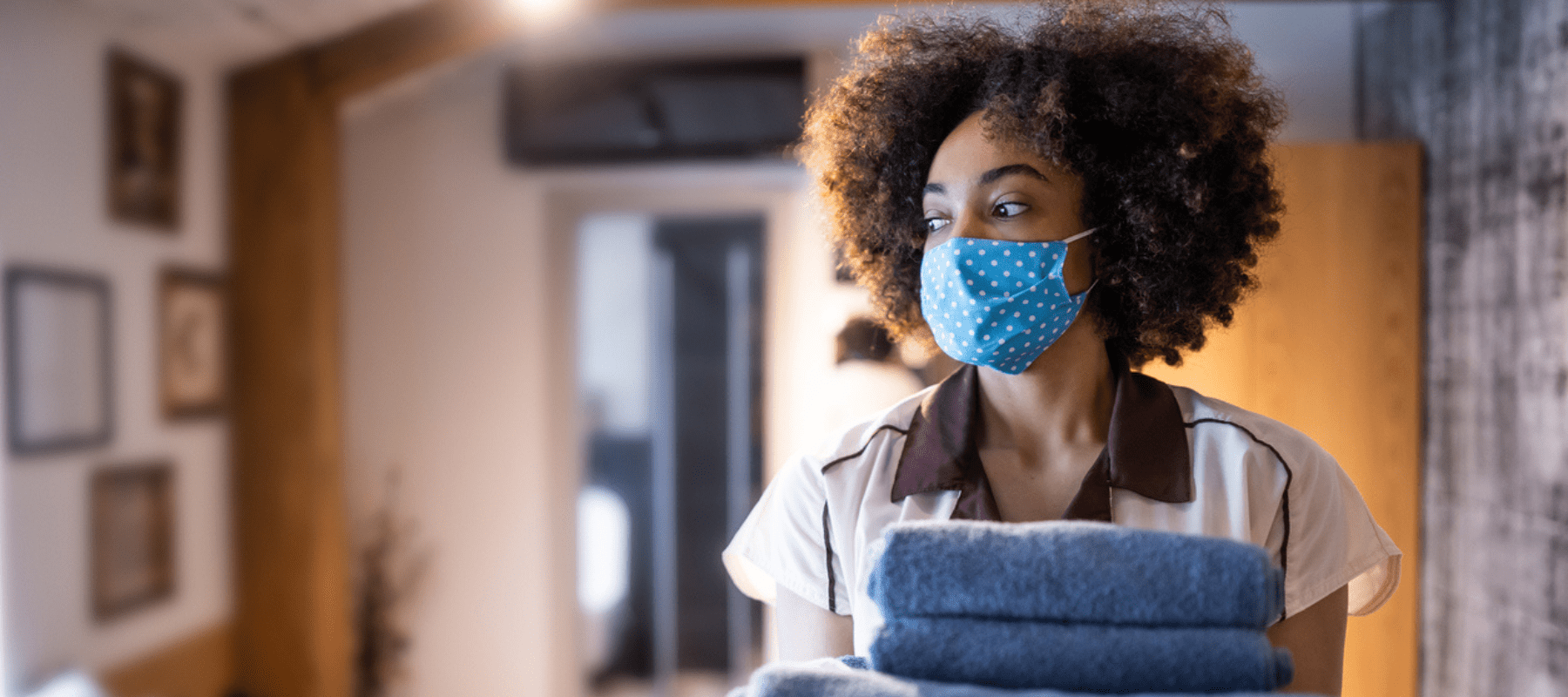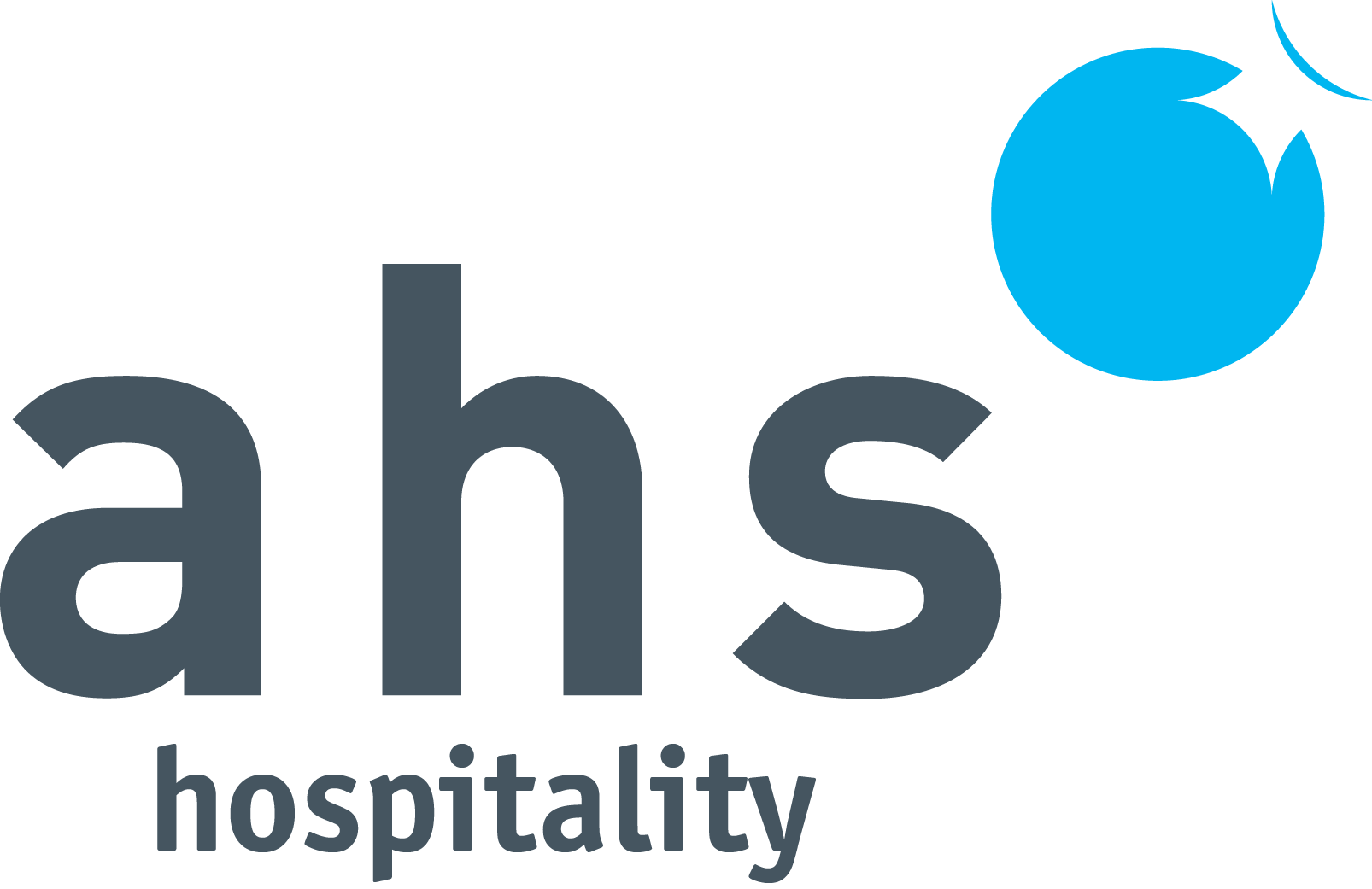Changes to Hospitality Over the Last 30 Years
3 Changes in hotel hospitality over the last 30 years
The year was 1993, Nelson Mandela won the Noble Peace Prize in recognition of his efforts to end apartheid and promote reconciliation in South Africa, Robin Williams redefined fatherly love in Mrs Doubtfire, and the world was introduced to the sounds of Radiohead with the release on their debut album, Pablo Honey. And in Western Australia, ahs hospitality was established as the first company to provide outsourced housekeeping services in Australia. It was a big year.
In the 30 years since, ahs hospitality has continued to expand and grow throughout all Australian states and territories, as well as establishing a presence in New Zealand. In that time, the hospitality and hotel industries have undergone dramatic transformations. Sweeping advances in technology, shifting consumer preferences, and increased global connectivity have played key roles in reshaping this dynamic industry. Gone are the days of using an actual room key that had to be left with reception every time you left the premises- now we book and check in on our phones, use electronic keys to enter, with some hotels enabling radio frequency identification (RFID) allowing customers to use their phones as keys, and more avant-garde hotels are even allowing our furry family members to enjoy a life of luxury with us.
We’ve seen huge changes in room configuration and layout with open plan bathrooms becoming more popular, and equally as divisive! We’ve moved well past pay-per-view and free to air televisions, and paid access to dial-up internet, to smart TVs, Wi-Fi connect ability throughout hotels, and a more tech savvy, personalised ability to connect to the rooms we stay in. Let's delve into the major changes that we’ve seen through the years at ahs hospitality, how they have impacted the industry, and how these changes impact our team.
Thank you for not smoking
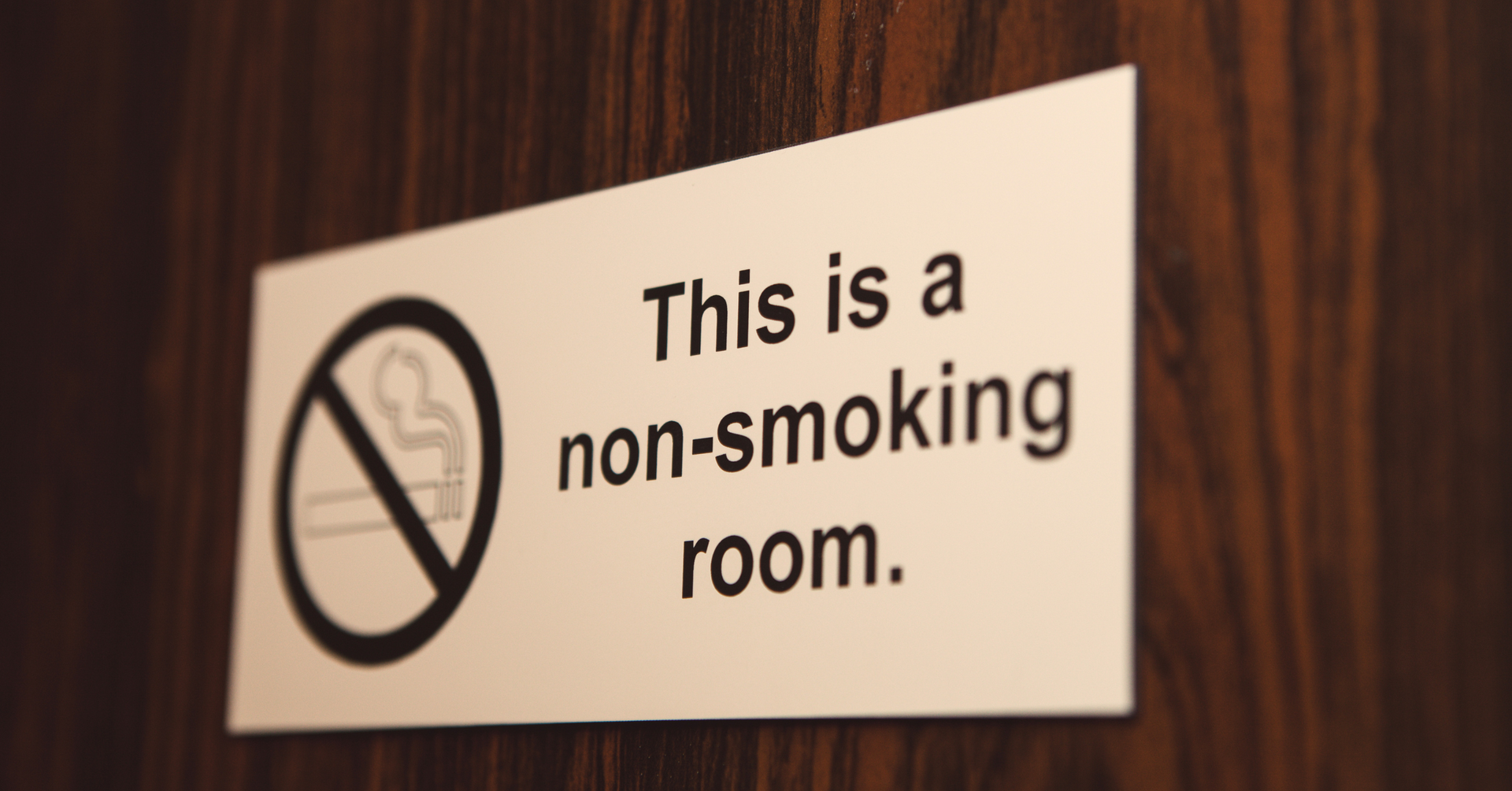
One of the most notable changes to the hospitality industry in Australia over the past three decades has been the shift towards smoke-free environments. Since the mid 1990s, Australia has progressively implemented stringent anti-smoking laws and legislation in response to public health concerns, starting with the Australia Capital Territory in 1995 who were the first state or territory to ban smoking in cafes and restaurants, with other states and territories following suit over the next 12 years. This movement towards healthier public spaces spurred a major transformation within the hotel and hospitality industry. While the move was initially met with resistance, the ban on smoking has now become an industry norm as hoteliers have adapted to changing customer preferences, legal mandates, and WHS for their employees. The transition to smoke-free hotels has not only improved the air quality but has also positioned Australia as a leader in offering healthier, cleaner hotel experiences. For the housekeeping staff it has been a huge gamechanger to their health, no longer being exposed to toxic second-hand smoke, but also vastly increasing their abilities to create a welcoming environment for clientele without the lingering stench of stale cigarette and the inability to fully remove nicotine stains from hotel rooms and furniture.
Eco-friendly hospitality
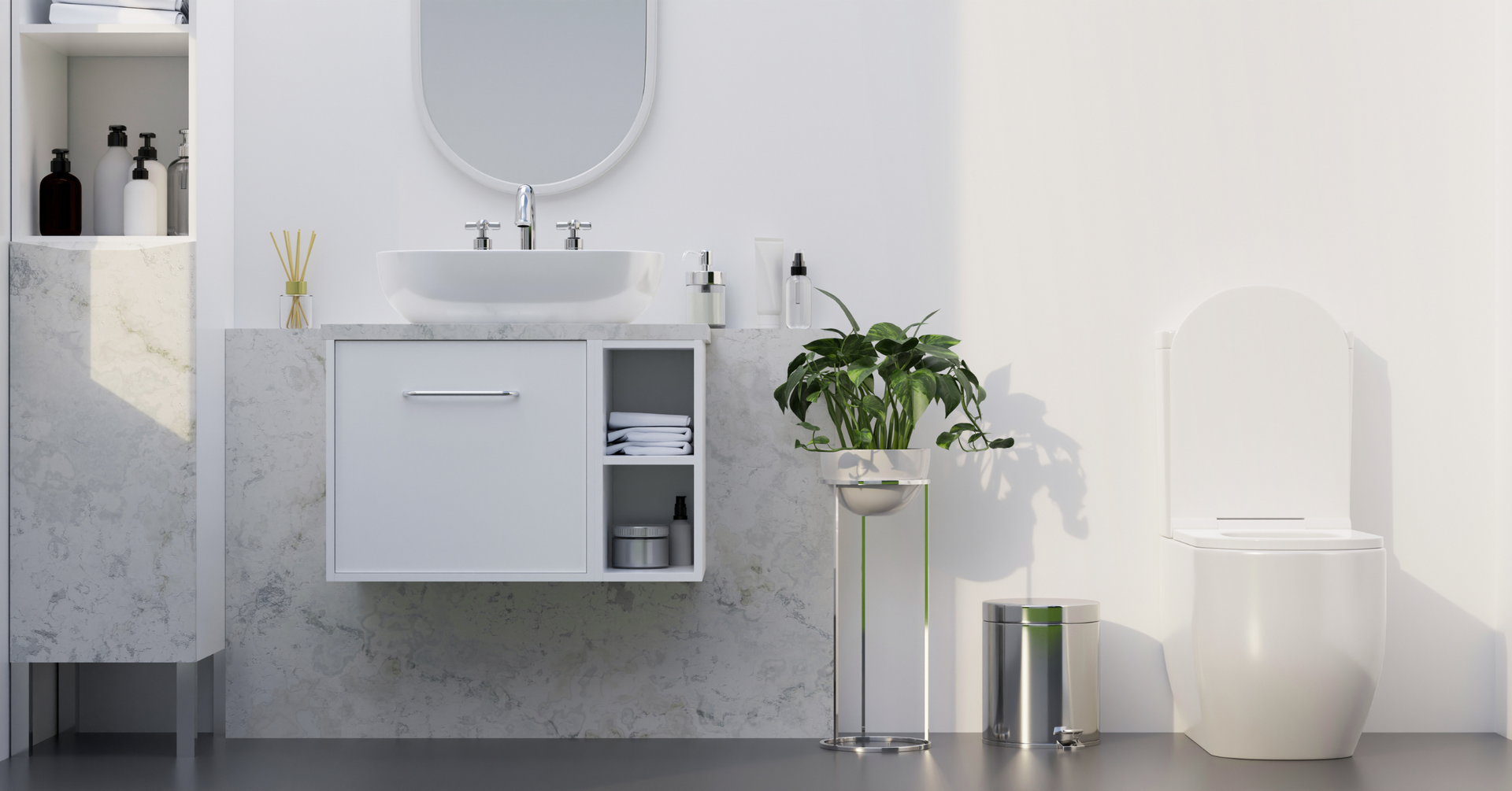
The hotel industry has been substantially reshaping its operations with an increasing emphasis on sustainability. This commitment is showcased in methods including the use of energy efficient lighting, water purification systems, and stringent waste management protocols, alongside the implementation of eco-friendly building designs that encompass renewable energy sources and green rooftps. The industry has been motivated by the emerging creation of eco-certification programs and ‘green’ labelling which leads to attracting an expanding demographic of environmentally aware travellers.
A critical step in the move towards more ecofriendly practices has been the industry’s move from single use to reusable toiletry containers. The transition has involved replacing miniature, disposable toiletry bottles with refillable dispensers, significantly reducing plastic waste while also presenting a financial benefit to operational cost reductions. There has also been a growing trend among hotels to source toiletries from suppliers who are also committed to sustainability and ethical practice – favouring products that are organic, cruelty free, and made from recycled and / or biodegradable materials.
For our housekeepers, the eco-movement has also significantly impacted their practices with many hotels now prioritising the use of eco-friendly cleaning products. These products, often made from natural ingredients, are designed to minimise environmental harm, reducing the release of harmful chemicals into the environment during use and disposal. Not only is this of huge benefit to reducing the carbon footprint of the establishments, but it has also been a big move towards the safety and overall health and wellbeing of our team, and hotel guests.
Doing it for the ‘Gram

Social media, in particular Instagram, has changed the way hotels operate as they pivot towards catering for an increasingly tech-savvy customer base. Previously, hotels relied on predominantly traditional marketing and advertising methods and word of mouth to attract guests and repeat clientele. Now, however, they leverage social media’s visually driven platforms to showcase their amenities, service offerings, and unique selling propositions. High quality images and videos of picturesque locations, luxurious rooms, and impeccable services help to entice potential guests. Additionally, user generated content, such as guest photos, reviews, and influencer partnerships, serve as powerful endorsement tools. Social media and the ability to direct message has helped to streamline communication, enabling hotels to respond promptly to queries and provide personalised service. Ultimately, social media and the rise of the influencer has transformed hotels into dynamic, customer centric entities, operating in real-time and constantly adapting to evolving customer demands.
While the benefits of marketing and customer engagement are numerous, it inadvertently brings with it some challenges, particularly for hospitality staff. In the pursuit of maintaining and Instagram and TikTok worthy image, the pressure on staff has increased exponentially.
We continue to navigate through waves of change, driven by technology and evolving consumer behaviour. As we move forward, these trends will no doubt continue to shape the industry, challenging the traditional norms and pacing the way to a more dynamic, customer centric and technologically advanced hospitality landscape. It’s an exciting time for the industry and who knows what innovative developments lie on the horizon and how these will continue to impact the hospitality industry and the ahs hospitality team.
Learn more about ahs hospitality’s housekeeping services or get in touch to enquire about how we support our hotel partners in providing quality housekeeping services.
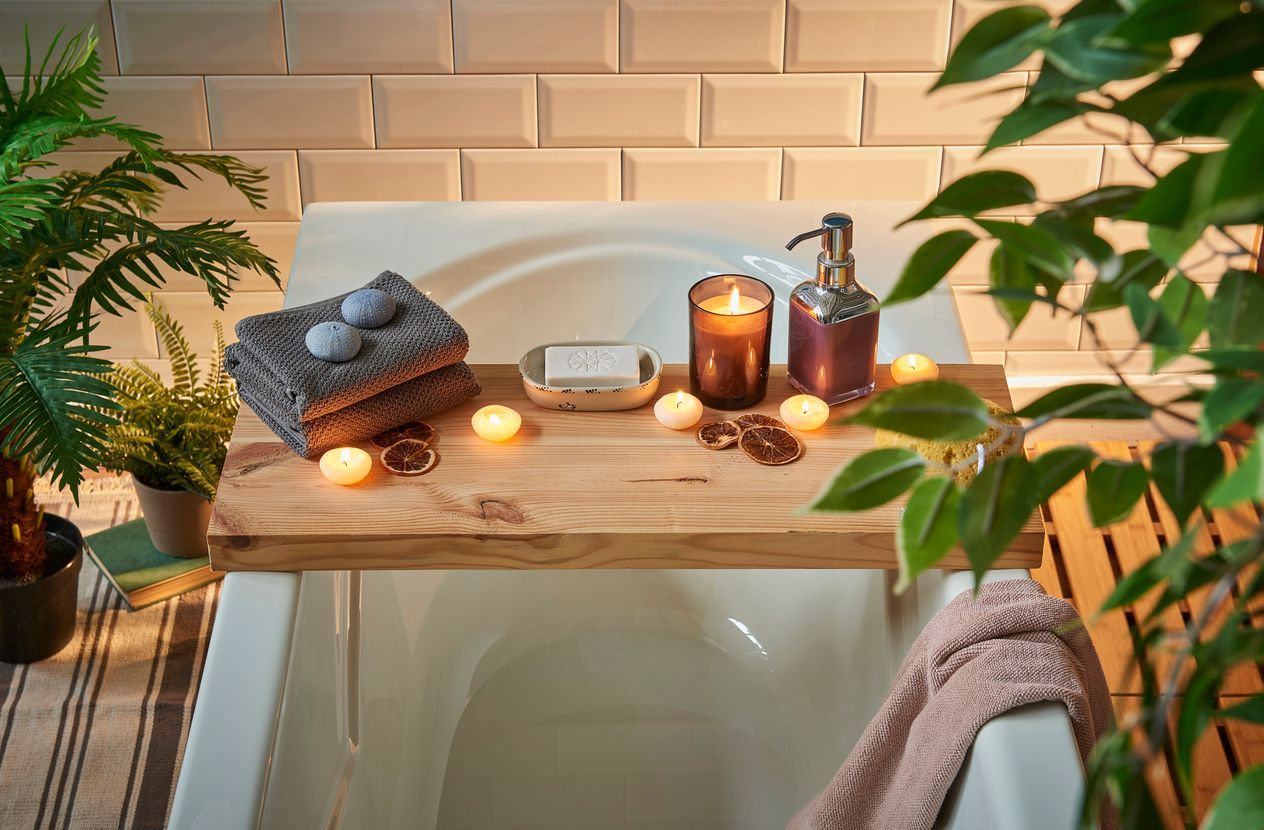
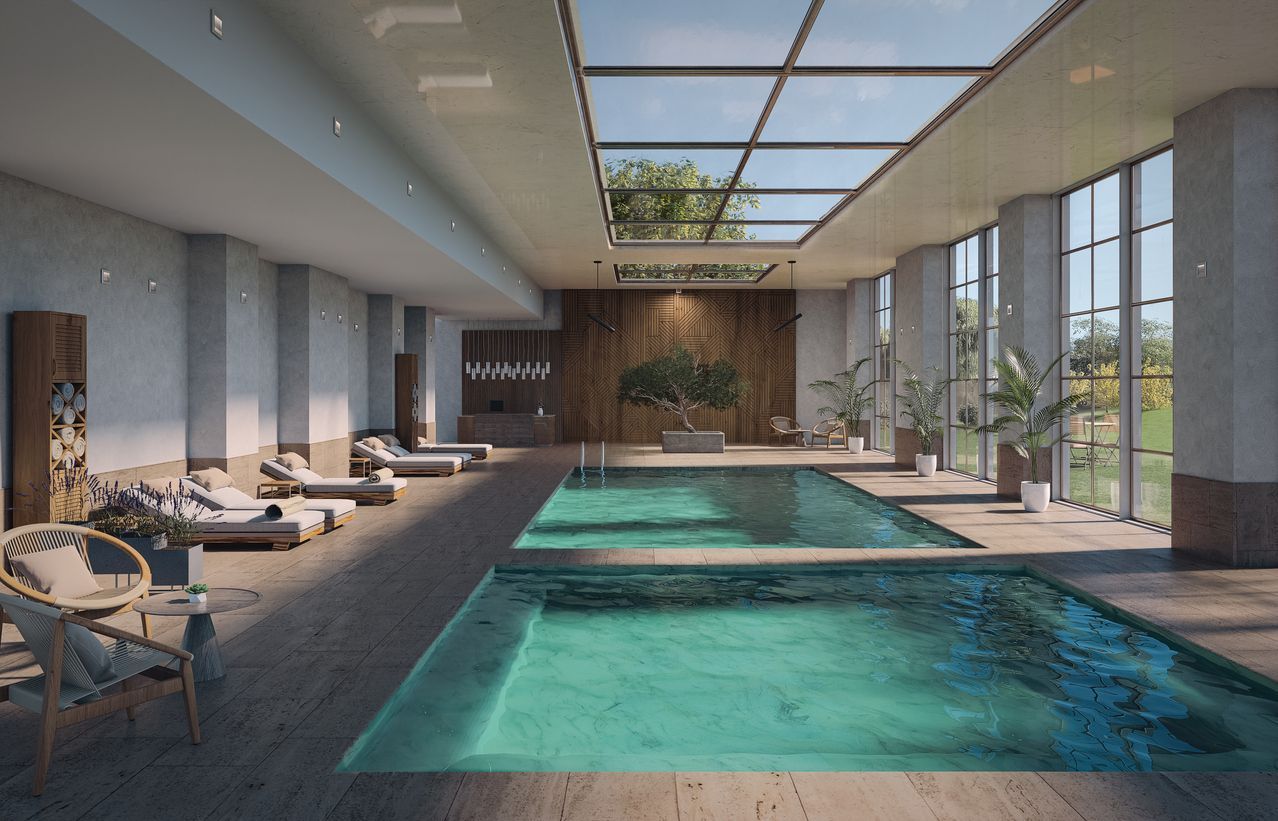
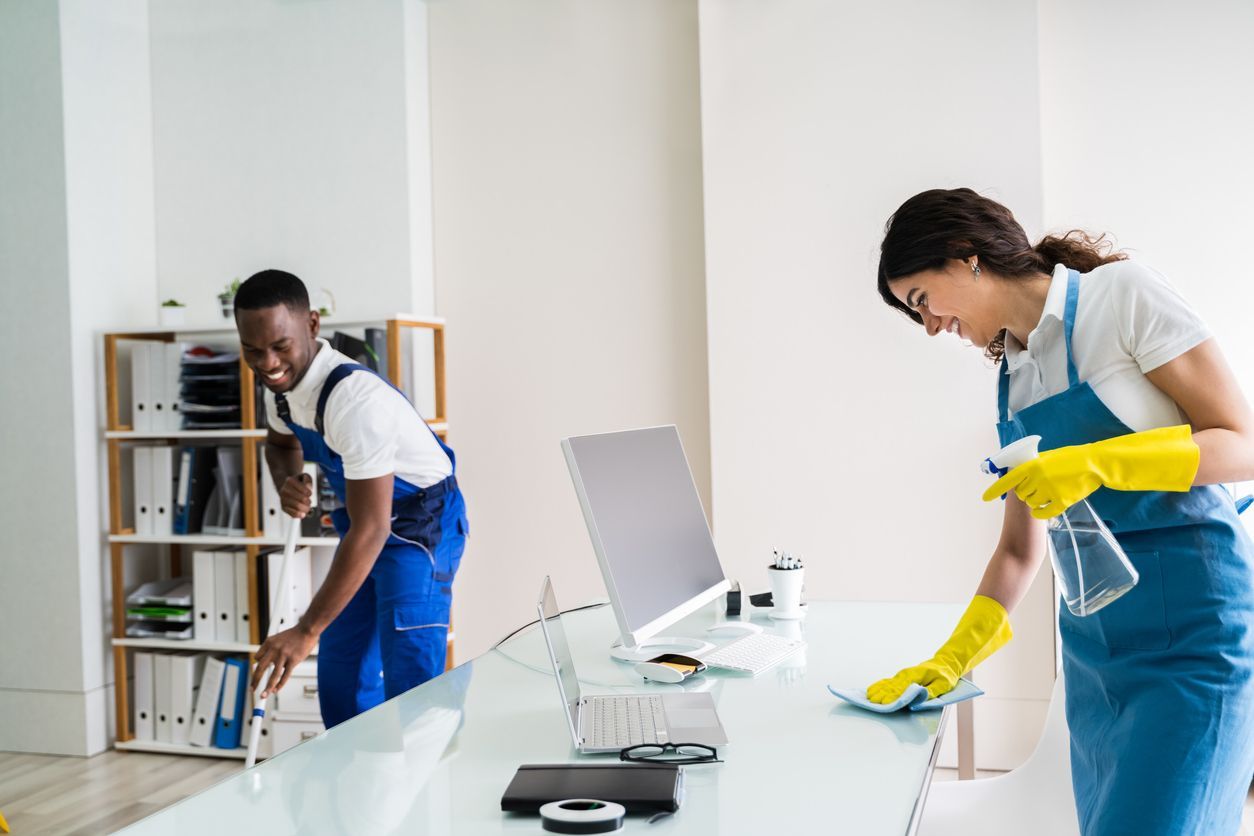
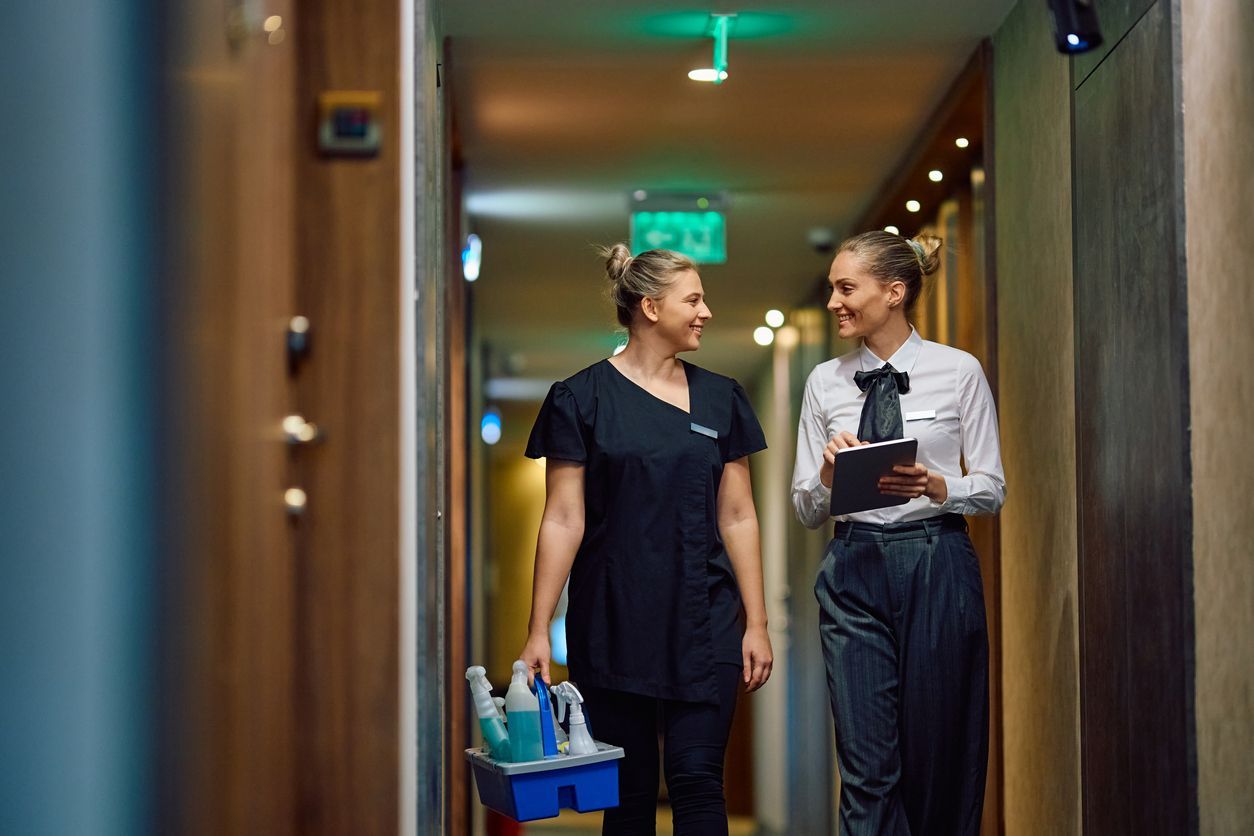
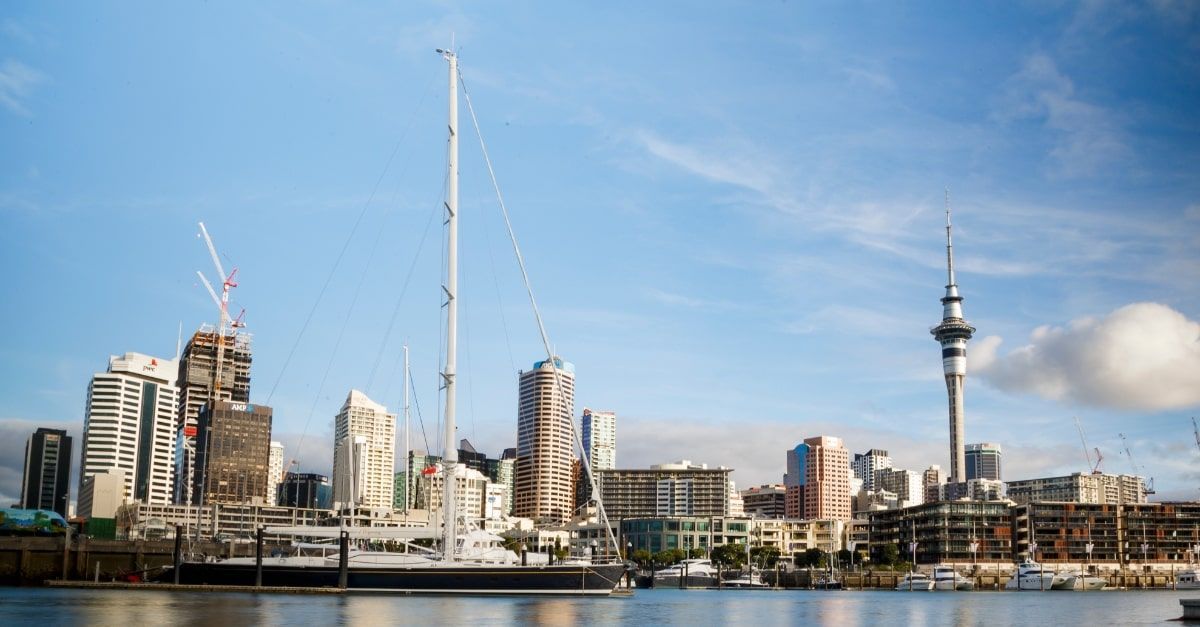
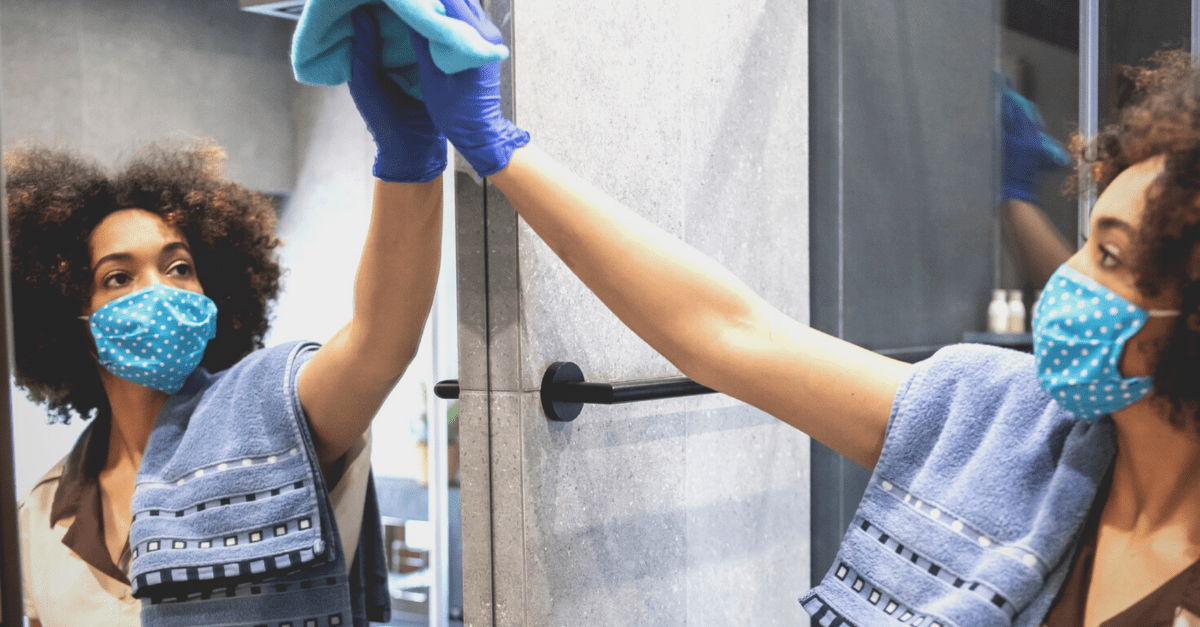

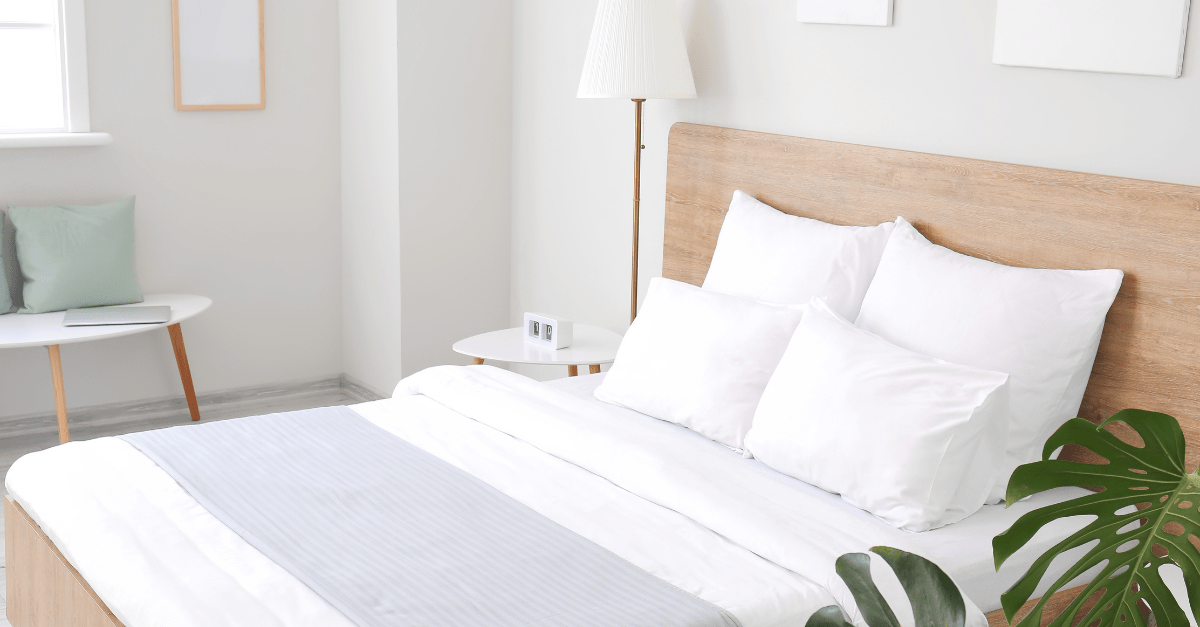
"Powering the industry with expertise, innovation and integrity, with people at the heart of all we do."
Useful Links
Explore
ahs hospitality | All Rights Reserved 2024 | Privacy Policy | Terms of Use | Powered with 💙 by Shazamme.com
